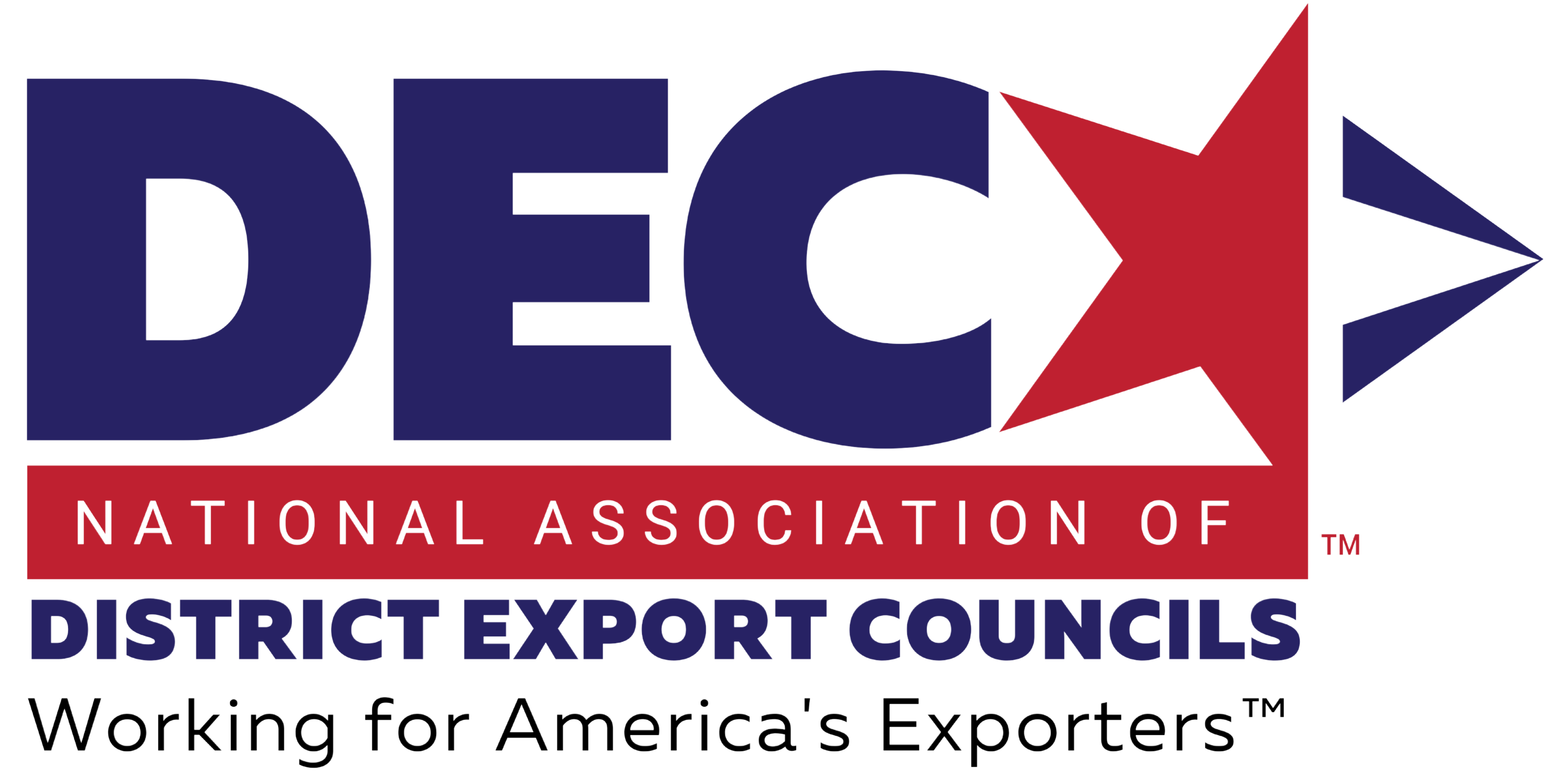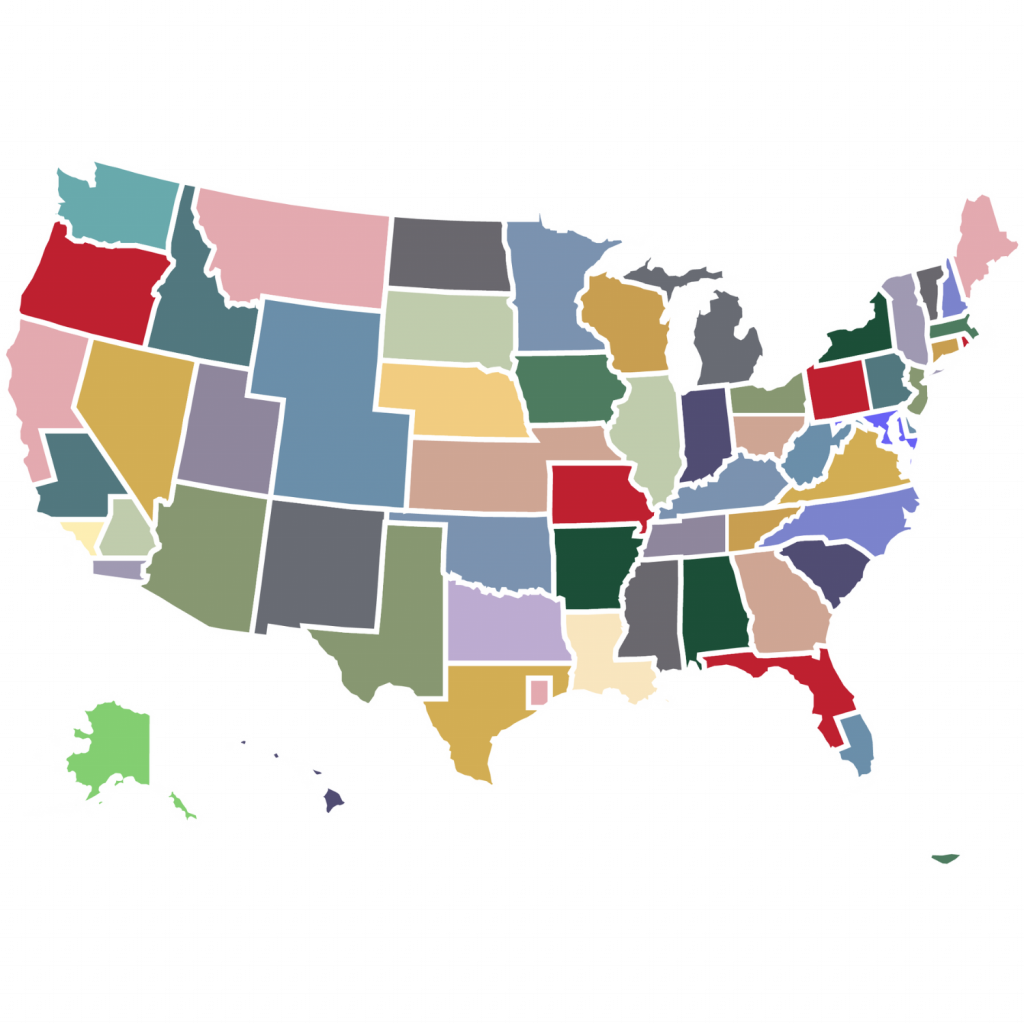The Washington Times
By George Allen
Published: Thursday, May 22, 2014
By George Allen
Published: Thursday, May 22, 2014
Source- http://www.washingtontimes.com/news/2014/may/22/allen-reagans-ex-im-bank
President Reagan was one of our country’s greatest leaders because he valued fair opportunities for the American people over political manipulations that waste taxpayer money.
The “Great Communicator” listened and connected with Americans and then acted in the best interest of our nation. This is why Reagan and presidents from both parties have shown strong support for the Export-Import (Ex-Im) Bank. The Ex-Im Bank’s charter has been reauthorized every term since its inception in 1934.
However, I won’t claim that the Ex-Im Bank has always been a flawless federal agency. In fact, Reagan was a scrutinizing supporter. From the start, he called for major reforms and instilled discipline and budget transparency. Limits were imposed upon the Ex-Im Bank, and subsidies were significantly cut. Those changes have helped to make the Ex-Im Bank self-sustaining today. The Ex-Im Bank not only does not receive or need taxpayer subsidies, but it also turned a $1 billion profit in 2013.
Working with Congress, Reagan fought for structural changes that eventually made the Ex-Im Bank a stronger and more fiscally sound institution. Years later, he reaffirmed his support for its mission to help American workers and families, small businesses and manufacturers and taxpayers, while growing and strengthening the U.S. economy.
On the Ex-Im Bank’s 50th anniversary in 1984, Reagan signed a letter praising the agency for its accomplishments, declaring the United States the greatest trading nation in the world owing to a combination of talented Americans and a free-enterprise economy. However, he also noted, “We must all work together to encourage a greater competitive spirit on the part of American companies as we seek to meet the challenges of exporting today and in the years ahead.”
Today, providing U.S. companies with the ability to compete on a level playing field is more important than ever before. Challenges continue to increase for American exporters, as they fight for business in a global marketplace that is increasingly more competitive. In the 1980s, our economic competitors were only Taiwan, Japan and a few Western European countries. Currently, at least 59 countries have official export-credit agencies that provide competitors with aggressive support, from development funding to export financing. Some foreign governments choose not to comply with global trade norms, providing massive subsidies to their own companies.
However, the Ex-Im Bank takes a different approach. Ex-Im complements, rather than competes with, private-sector lenders by offering loan guarantees that enable foreign buyers of U.S. goods to secure reasonable private-sector financing. Also, Ex-Im’s export-credit insurance reduces the commercial and political risks of exporting overseas for small businesses and manufacturers. Nearly 90 percent of Ex-Im’s transactions benefited small businesses in 2013. Without export financing or insurance, small- and medium-sized exporters face an overwhelming disadvantage compared with their global counterparts.
While high-quality U.S. products are in demand around the world, this doesn’t necessarily ensure American exporters have a competitive edge. Uncertainty around the reauthorization of the Ex-Im Bank’s charter every two years is a serious disincentive for foreign investors. Just ask FirmGreen, a small alternative-energy company whose innovative products are in high demand overseas. The manufacturer recently lost a $57 million contract to a South Korean competitor because the uncertainty surrounding the reauthorization of the Ex-Im Bank was deemed not worth the risk of working with a U.S.-based firm.
The bottom line is that the Ex-Im Bank is crucial to U.S. competitiveness, American jobs and our economy. It is a vital tool to ensure companies — especially small businesses — have access to the financing they need to make international sales. In 2013, the Ex-Im Bank helped to facilitate more than $37 billion in U.S. exports, which, in turn, supported 205,000 American jobs.
To top off the impressive benefits of the Ex-Im Bank, it operates with a net-zero appropriation from Congress. After paying its own operating expenses in 2013, the Ex-Im Bank earned enough in fees and interest to provide more than $1 billion in profit to the U.S. Treasury to reduce the U.S. deficit.
Over the past 80 years, American leaders have backed the Ex-Im Bank and, where needed, taken steps to reform and improve it because maintaining it is in our nation’s best interest. Long-term reauthorization of the Ex-Im Bank should be a top priority for Congress. Let’s learn from President Reagan and encourage the competitive spirit of American companies by providing them the opportunity to export their products.
George Allen is a former governor and U.S. senator from Virginia. He is the Reagan Ranch Presidential Scholar for the Young America’s Foundation.































































